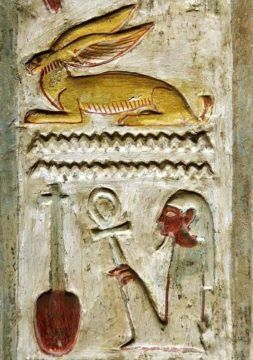Jeremy Webb in Delancey Place:
 “We have heard that when it arrived in Europe, zero was treated with suspicion. We don’t think of the absence of sound as a type of sound, so why should the absence of numbers be a number, argued its detractors. It took centuries for zero to gain acceptance. It is certainly not like other numbers. To work with it requires some tough intellectual contortions, as mathematician Ian Stewart explains.
“We have heard that when it arrived in Europe, zero was treated with suspicion. We don’t think of the absence of sound as a type of sound, so why should the absence of numbers be a number, argued its detractors. It took centuries for zero to gain acceptance. It is certainly not like other numbers. To work with it requires some tough intellectual contortions, as mathematician Ian Stewart explains.
“Nothing is more interesting than nothing, nothing is more puzzling than nothing, and nothing is more important than nothing. For mathematicians, nothing is one of their favorite topics, a veritable Pandora’s box of curiosities and paradoxes. What lies at the heart of mathematics? You guessed it: nothing.
“Word games like this are almost irresistible when you talk about nothing, but in the case of math this is cheating slightly. What lies at the heart of math is related to nothing, but isn’t quite the same thing. ‘Nothing’ is well, nothing. A void. Total absence of thingness. Zero, however, is definitely a thing. It is a number. It is, in fact, the number you get when you count your oranges and you haven’t got any. And zero has caused mathematicians more heartache, and given them more joy, than any other number.
“Zero, as a symbol, is part of the wonderful invention of ‘place notation.’ Early notations for numbers were weird and wonderful, a good example being Roman numerals, in which the number 1,998 comes out as MCMXCVIII one thousand (M) plus one hundred less than a thousand (CM) plus ten less than a hundred (XC) plus five (V) plus one plus one plus one (III). Try doing arithmetic with that lot. So the symbols were used to record numbers, while calculations were done using the abacus, piling up stones in rows in the sand or moving beads on wires.
More here.
